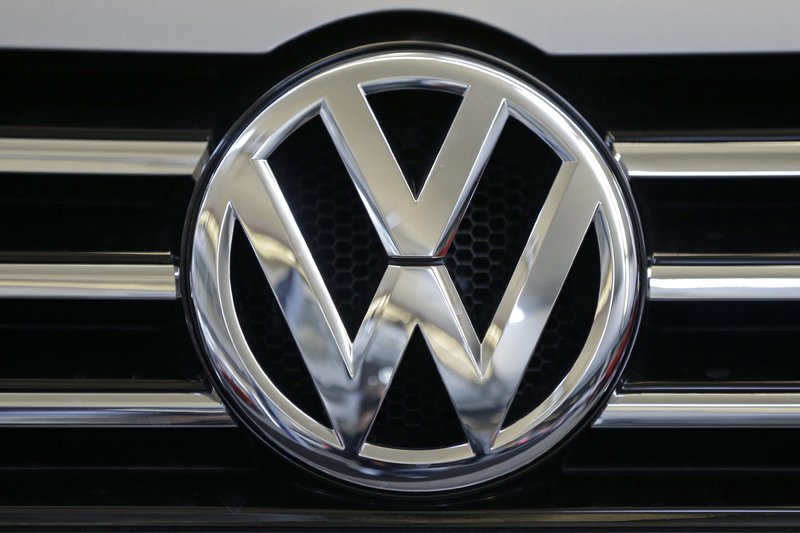DETROIT -- Volkswagen, the U.S. government and private lawyers have reached a deal for the automaker to spend just over $1 billion to compensate owners of about 600,000 diesel-powered cars that cheat on emissions tests, according to unnamed sources.
The "deal in principle" includes a maximum amount of spending, but the final details, like how much each owner would get, are still being worked out, a person briefed on the matter told The Associated Press. The person asked not to be identified because the deal hasn't been made public.
Germany's Die Welt newspaper reported Wednesday that Volkswagen AG had reached an agreement with U.S. authorities to pay $5,000 each to American owners of its diesel vehicles.
As part of the deal, the carmaker will update the software on models equipped to address the emissions problem, while the "small proportion" of cars that can't be fixed will be subject to a buyback, the newspaper reported, citing an unidentified source close to the negotiations. The plan is to be presented today at a hearing before U.S. District Judge Charles Breyer in San Francisco.
The company Tuesday said in a court filing that there would be no need for a trial this summer after it presents its solution.
Some owners would get a choice of having VW repair their cars or buy them back, but that would vary by model year and engine type, the person said. The deal does not yet include plans on how to repair the cars, which can emit nitrogen oxide at 40 times the allowable limit, the person said.
"They've agreed on a maximum amount of money, over $1 billion" for compensation, said the person. "How it's allocated and distributed, that remains to be seen."
At today's hearing, Breyer also is to decide on a schedule for depositions and information exchange between all sides in the case. He could even set a trial date if he's dissatisfied with the agreement.
Volkswagen has said some of the newer cars could be repaired with minor software updates, while older cars with 2-liter diesel engines would require more extensive and costly repairs. So presumably the compensation would vary with the severity of the repairs.
Representatives for Volkswagen, the lawyers, and the government all declined to comment. Wyn Hornbuckle, spokesman for the Justice Department, which has sued Volkswagen, said federal officials would wait until today's hearing before speaking. John Gersten, a spokesman for a law firm representing hundreds of Volkswagen owners, said a confidentiality order barred the firm from making any comment.
The owners filed dozens of lawsuits against VW after it acknowledged in September that it intentionally cheated on emissions tests and put dirty vehicles on the road. The cheating allowed cars to pass laboratory emissions tests while polluting on actual roads.
Volkswagen told its shareholders last year that it had set aside $7.3 billion to help defray the potential costs of a recall or regulatory penalties. Most outside observers have said that figure is likely far too low. The company faces as much as $20 billion in fines for Clean Air Act violations alone, before paying to fix the cars or compensate their owners.
Breyer has told the lawyers to come up with repair and compensation plans before today's hearing or face a trial. He also wants to know the timing of any fixes and any planned payments to owners, among other details.
Lawyers for the owners have said in court papers that if there's no deal, they want an expedited hearing or a trial before the judge to get an order for "equitable relief" that would begin in July. Or they want a full trial that would include punitive damages against Volkswagen in the same time frame.
California Air Resources Board enforcement chief Todd Sax said last month that he doesn't think it's technically feasible to repair any of VW's 2-liter diesel engines, under the hoods of most of the models at issue, to meet that state's stringent clean air rules.
Information for this article was contributed by Tom Krisher, Michael Biesecker and Sudhin Thanawala of The Associated Press; and by Kartikay Mehrota of Bloomberg News.
Business on 04/21/2016
